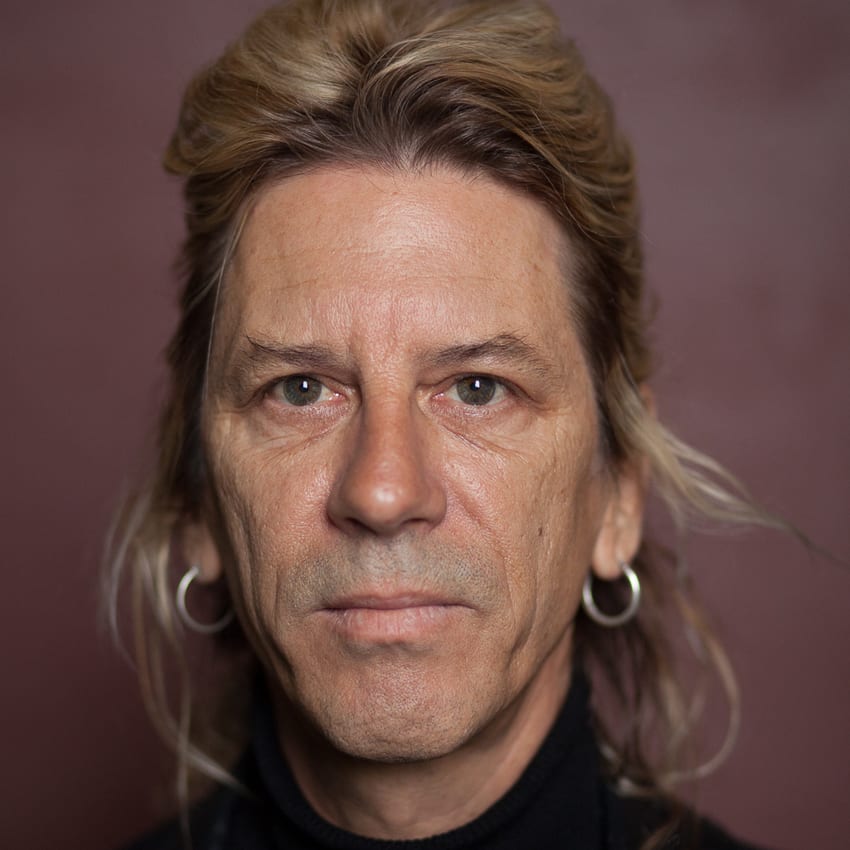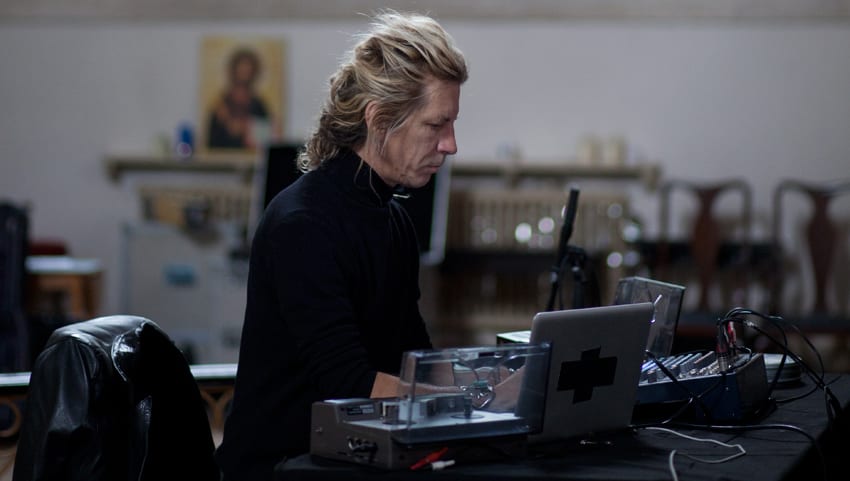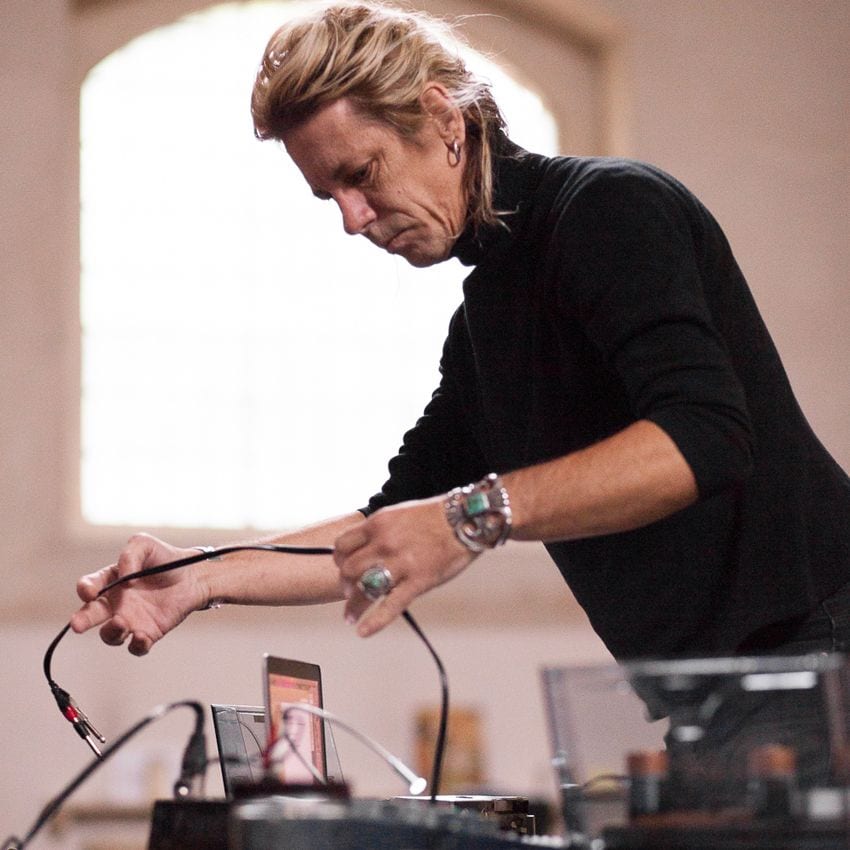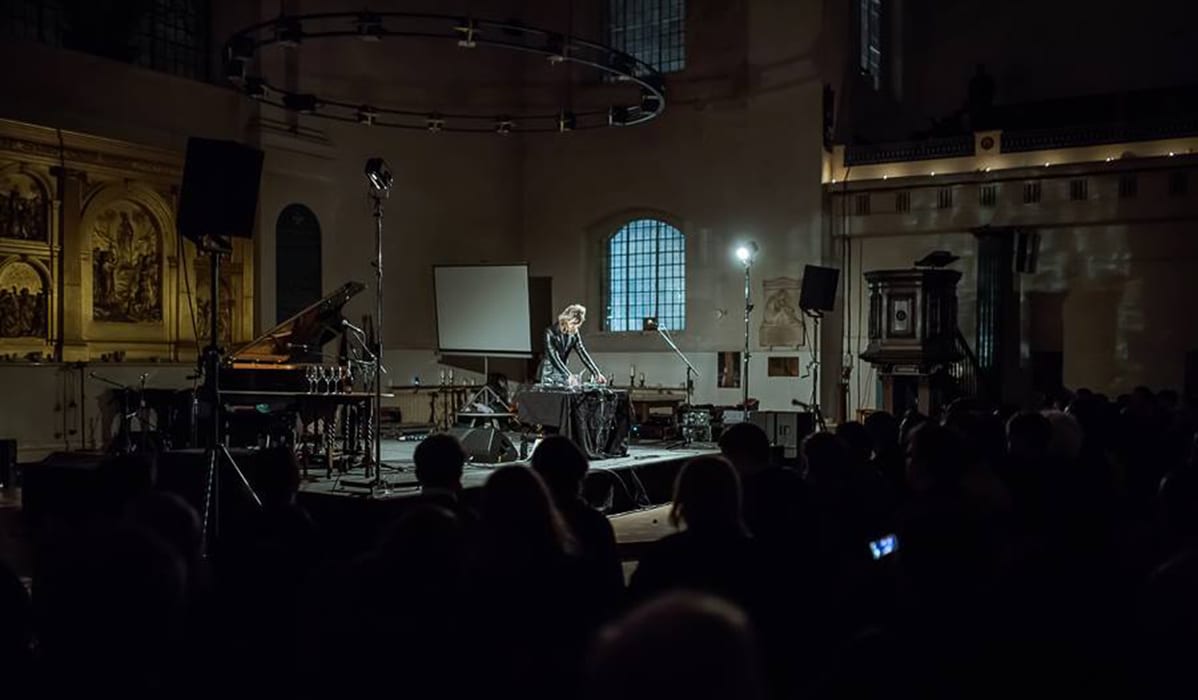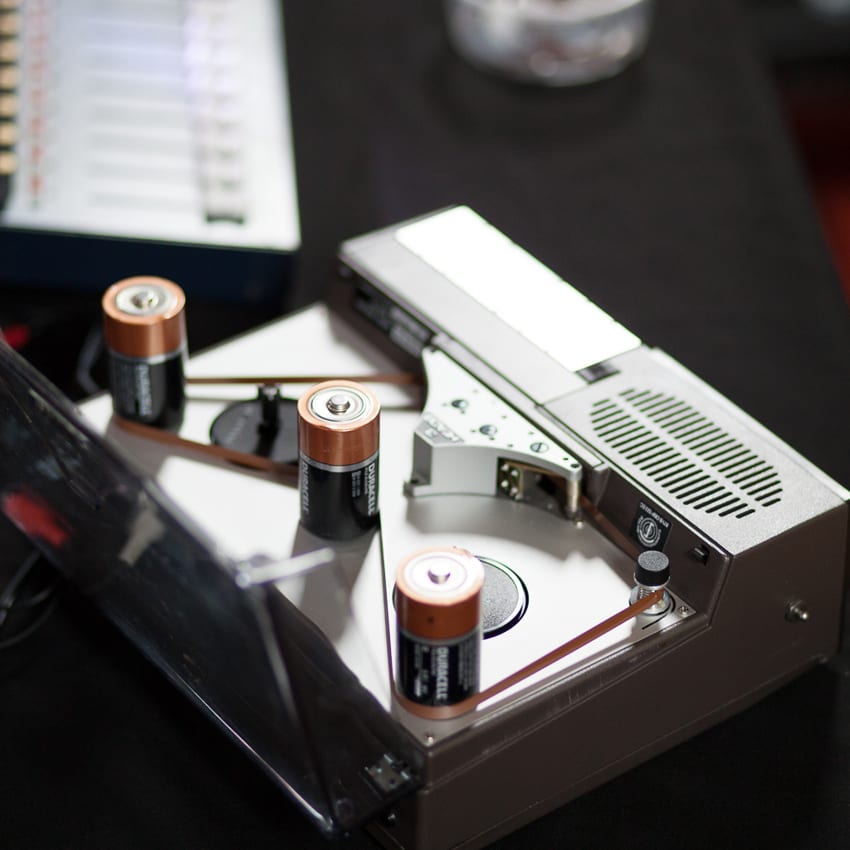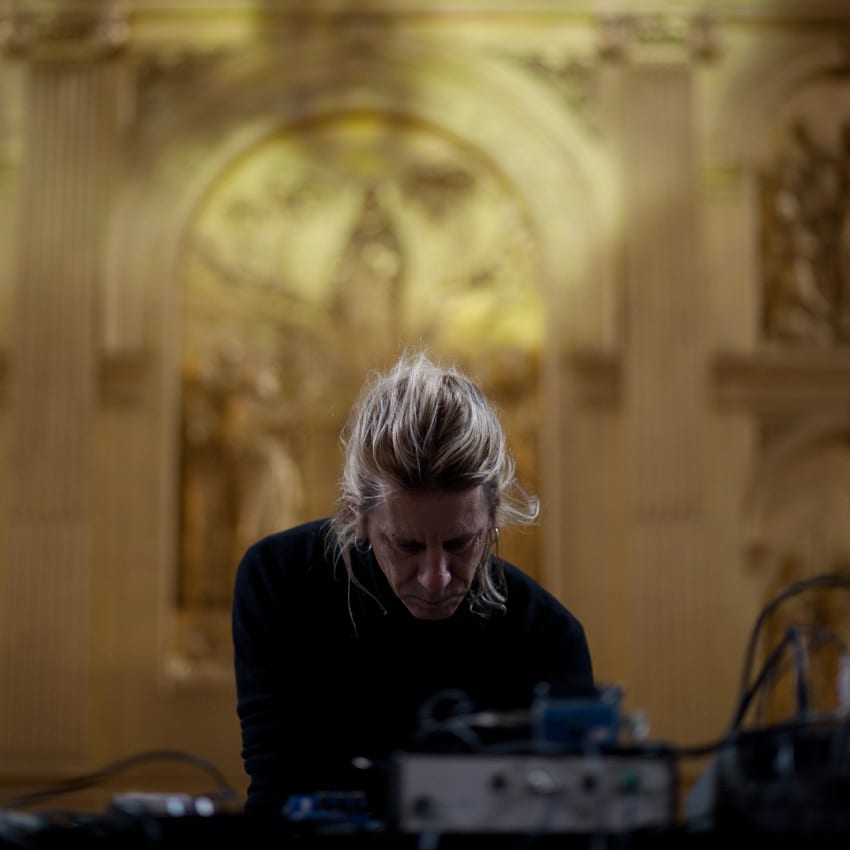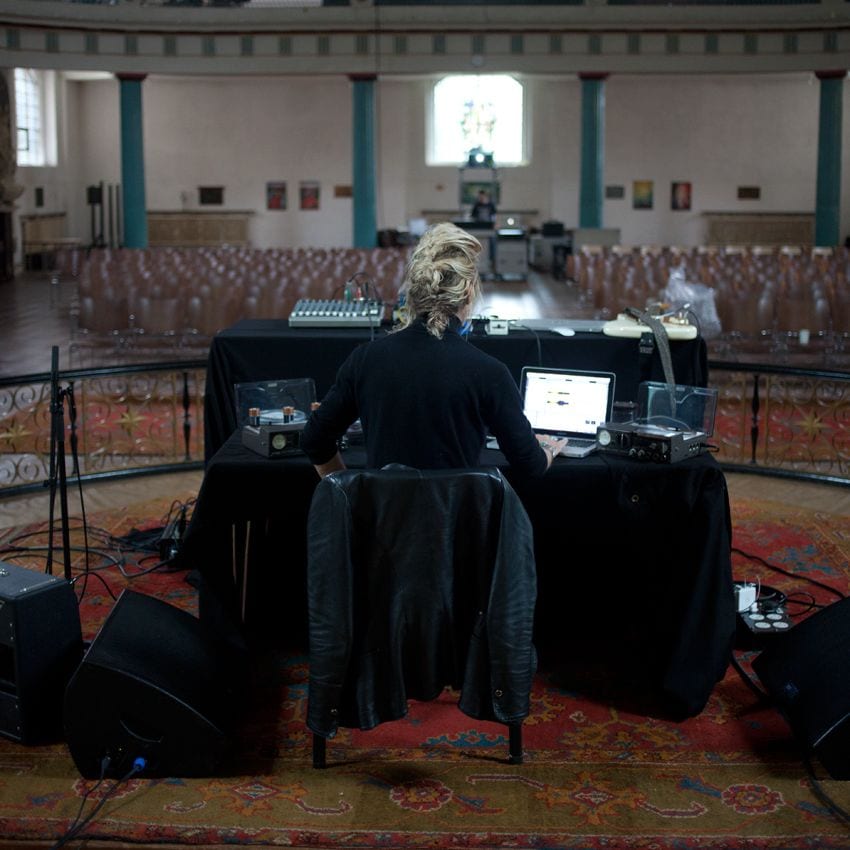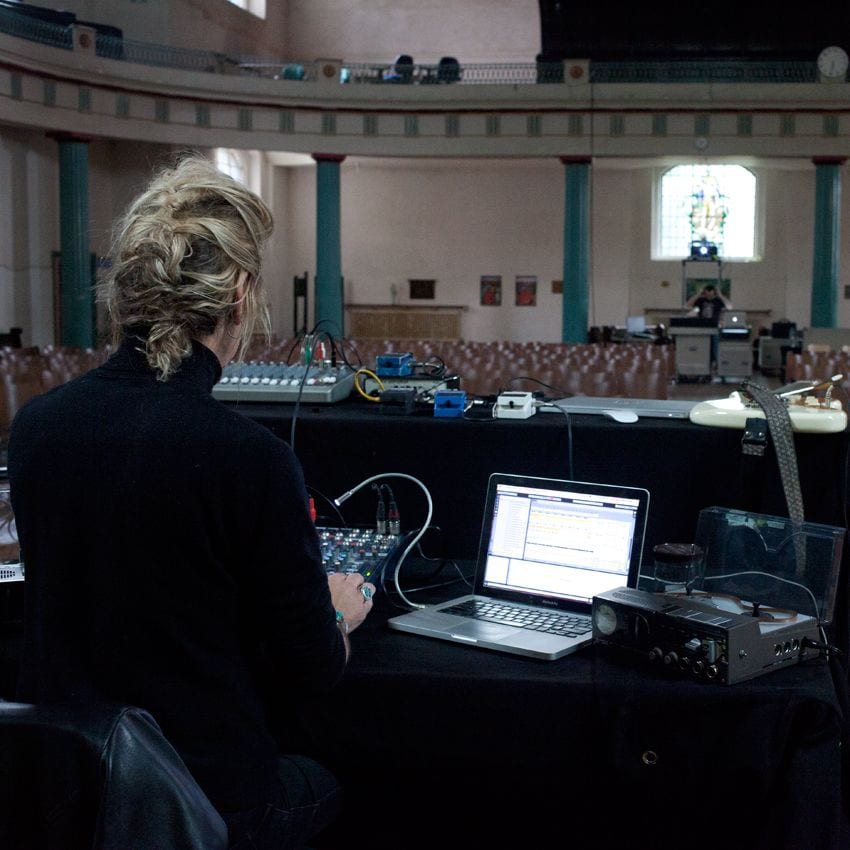William Basinski is perhaps the crossover star of the minimalist world, his influence spreading into corners hitherto untouched by his techniques. He toys with the workings of nostalgia, using decomposing repetition to evoke strange yearnings for a more innocent past. The intense emotional reactions his music fosters are also often underwritten by contextual stories and personal revelations.
Basinski is most famously known for his four-volume album The Disintegration Loops (2002–2003), constructed from rapidly decaying tapes of his earlier music, which he completed in New York on 9/11 and is set to haunting footage of the World Trade Center filmed from Basinski’s apartment. Vivian and Ondine was also composed as Basinski’s sister-in-law was heavily pregnant and was created for her unborn child. The result is that Basinski finds ways of directly addressing human experiences, which are difficult to convey.
This year Basinski released ‘Nocturnes‘, his first new solo recording release in four years. It comprises two typically sanguine, extended compositions; ‘Nocturnes’ written between 1979-80 during his post-grad period in San Francisco, and ‘The Trail Of Tears’ recorded in 2009 for the Robert Wilson opera, ‘The Life and Death of Marina Abramovich’.
To celebrate the release of ‘Nocturnes‘, Basinski performed the title track in it’s entirety at the opening night of St John Sessions, set within the vast transept of St John’s Church in Hackney alongside performances from Christian Fennesz and Helm. In this video interview William Basinski opens up about the concept behind his new album ‘Nocturnes‘ as well as his working relationship with Christian Fennesz.
Video shot by Ben Millar Cole & Luis Munoz
